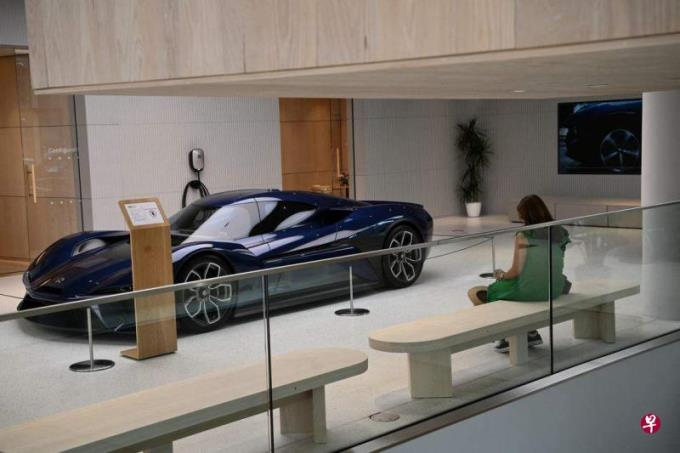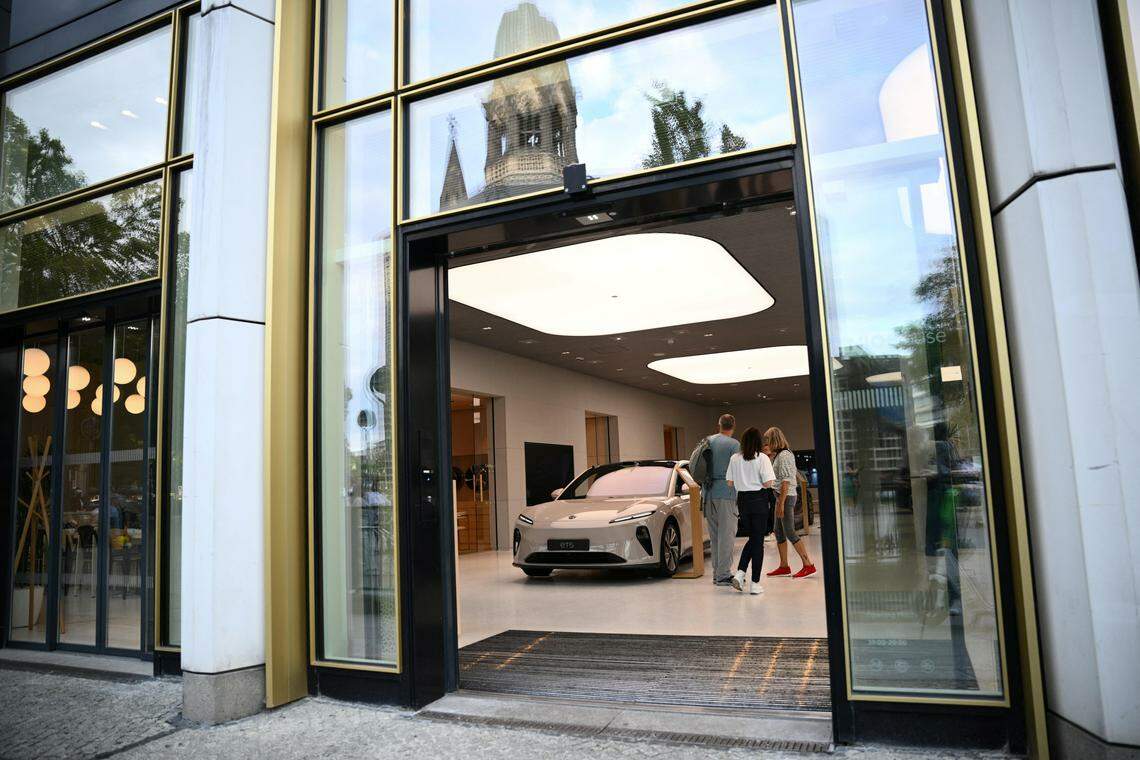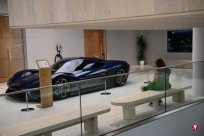

(Berlin Reuters) Chinese electric vehicle brands defeat foreign car brands in the local market, but in the process of entering the European market, they encountered a number of challenges.
For the leaders of the Chinese electric vehicle market such as BYD, Weilai, and SAIC -MG, the difficulties that want to overcome in Europe include the prejudice of Chinese brands, high import costs, and the European electric vehicle market has not yet matured.Reality.
At present, Chinese car companies have risen year by year in Europe.The French Auto Consulting Company Inovev's report shows that since this year, Chinese brand sales are 8%of the newly sold electric vehicles in Europe, which is higher than 6%last year and 4%of the previous year.According to Allianz's research, by 2025, at least 11 newly launched and popular Chinese brand electric vehicles will enter the European market.
This growth has aroused their vigilance.CARLOS TAVARES, CEO of Stellandis, a car company, which French Peugeot -Citroen and Italian Fiat -Chrysler merged, warned last month that cheap Chinese electric vehicles will "invade" Europe.
Reuters pointed out that European car manufacturers are responding to the Chinese brands by issuing a large number of new electric vehicles, significantly reduced manufacturing costs and price reductions, which means that Chinese manufacturers must take the best state to deal with it, and do not take it lightly.
Weaken cost advantage
In the face of competition, the price is the ace of the Chinese brand.Market research institution Jato Dynamics statistics, the average price of an electric vehicle in China is about 30,000 euros (S $ 47,363), and Europe is 50,000 euros.
But with the increase in costs in various aspects, Chinese companies want to sell cars as cheap as the Chinese market in Europe and not easy.
Spiros Fotinos, a European CEO of Geely Automobile's electric vehicle brand, pointed out that logistics, sales taxes, import tariffs, and European certification standards will increase costs.
The transportation time is also cost.The biggest challenge for the best -selling Chinese brand in Europe is that the vehicle is transported from China to Europe to distribute it, because the port is too saturated, and the customer has been waiting for a long time.
Electric Vehicle startup Erchi pointed out that Europeans like larger batteries to support long -distance travel, which has also led to rising costs.
Lack of trust in Chinese brands
Some Chinese brands, such as MG, already have a certain reputation in Europe, but most consumers need to build trust in Chinese brands.After all, the auto manufacturers of Japan and South Korea have used decades to gain the trust of the European market.
A survey by YOUGOV, a British market research agency, shows that 14%of the respondents know BYD, 17%have heard Weilai, 10%have heard of Lingke, 8%have heard Xiaopeng Automobile, but 95%of them have 95%.People know Tesla.Among these people, 10%of people will consider buying a Tesla, but only 1%or fewer people who know Chinese brands will consider buying Chinese cars.
In order to break the doubts about Chinese brands, Chinese manufacturers have different practices.Aichi Motors decided not to promote its Chinese origin; Ji Ji allows consumers to experience it by the test drive and the exhibition hall; the Chinese state -owned GAC Group opened the "forward -looking design center" in Milan to feel the market preferences.The five -star rating exceeded the requirements of the vehicle safety rating system to eliminate customer doubts.



